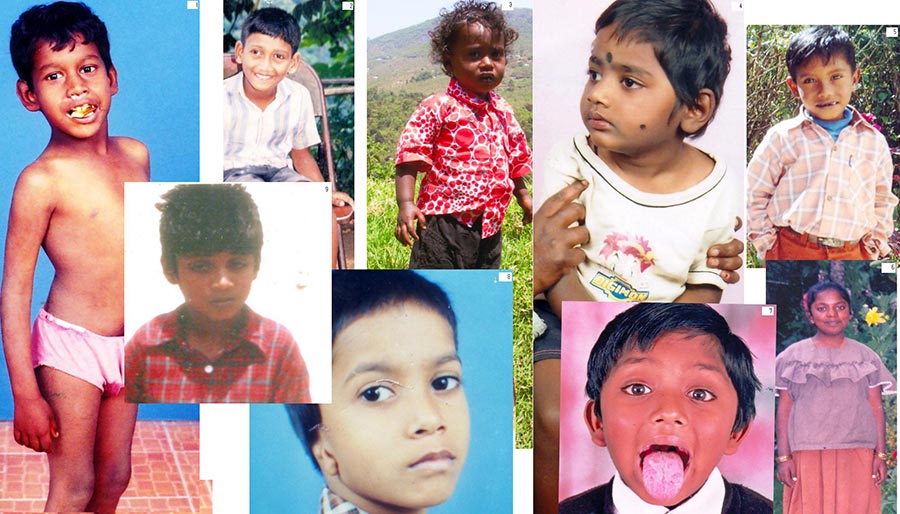Workers’ Struggle
The ex-workers of Unilever’s fatal thermometer factory have launched a struggle for justice which is nearly 2 decades long now. But many of their key demands still remain unmet.
Several workers have died prematurely. Ex-workers suspect mercury exposure to be the cause.

The hardest hit by Unilever’s thermometer factory in Kodaikanal are the workers of the plant and their families. A Government of India committee has confirmed their fears that they were exposed to toxic levels of mercury in the workplace, and that many of their and their families’ health problems are caused by the toxic metal’s effects. More than 30 ex-workers have died prematurely, as have several children born to former mercury workers. Hundreds of families are struggling to cope with chronic illnesses affecting one or more family members. Many families, that are already poor, are unable to cope with the expenses associated with dealing with children with physical and mental deficits.
When the factory was set up in Kodaikanal, people saw it as a place that will provide jobs and help the local economy. Youth made a beeline to work at the facility. Ex-workers say they were not adequately warned about the dangers of working with mercury, and that no special safety practices and occupational hygiene measures were implemented.
Evidence of the company’s scant regard for health and safety of its own employees dates back to 1986. After a few failed monsoons, the company relaxed the rules requiring workers to bathe after work. The rule was never reinstated even after the water scarcity ended. Information obtained through the Right to Information reveals that the company did not have an adequate supply of special mercury-filter masks for people working in high-mercury exposure areas.
Cotton overalls and a cap were all the protective gear they had, even as the mercury laden uniforms were hand-washed without any protection by a husband-wife team. The factory’s 25 exhausts blew out toxic vapour onto the grounds tended to by gardeners employed by the company.
- Medical check-ups were done irregularly and only for full-time workers, but not for the nearly 200 part-time workers or women. Medical records of several workers are missing and more than 300 workers have been denied access to their own medical records by the company.
- Following the factory’s closure in March 2001, the company started terminating its workers’ contracts and in November 2001, the contracts of 130 remaining workers were terminated. The workers are said to have received a salary of 3 months and a small bonus which is the rule for termination under normal circumstances. This was hardly a normal circumstance as the company was forced to shut down operations by Tamil Nadu Pollution Control Board after the uncovering of severe violations by the company.
- An ex-worker’s association was formed in 2004 with 559 workers to fight for the rights of the workers and their families and also to follow-up on the environmental remediation process by the State and the company. The Ex-mercury Employees Welfare Association filed a Public Interest Litigation in the Supreme Court in 2006 seeking relief, rehabilitation, standards for mercury in workplace and environment, and prosecution of the company and its officials for the environmental violation. The case is pending before the High Court.
- In November 2011, an expert committee of the Government of India submitted a report to the Madras High Court confirming prima facie evidence to suggest that workers and their families have suffered due to mercury exposure. The report also finds and highlights the inadequate safety practices and lack of occupational hygiene.
Key demands of the campaign
The Governments of India and Tamil Nadu should ensure that Unilever
- Cleans up the mercury contaminated factory site and surroundings to international standards that are adequate to protect the sensitive watershed forests of Pambar Shola.
- Pays for long-term environmental monitoring for mercury buildup in the food chain in the forests and aquatic ecosystems in and around the factory
- Provides adequate financial compensation to workers and arranges for long-term medical treatment, monitoring and rehabilitation for workers and their families.
- Provide avenues for economic rehabilitation of the workers and their families.
- Prosecute Unilever and its officials for their criminal negligence in Kodaikanal.












